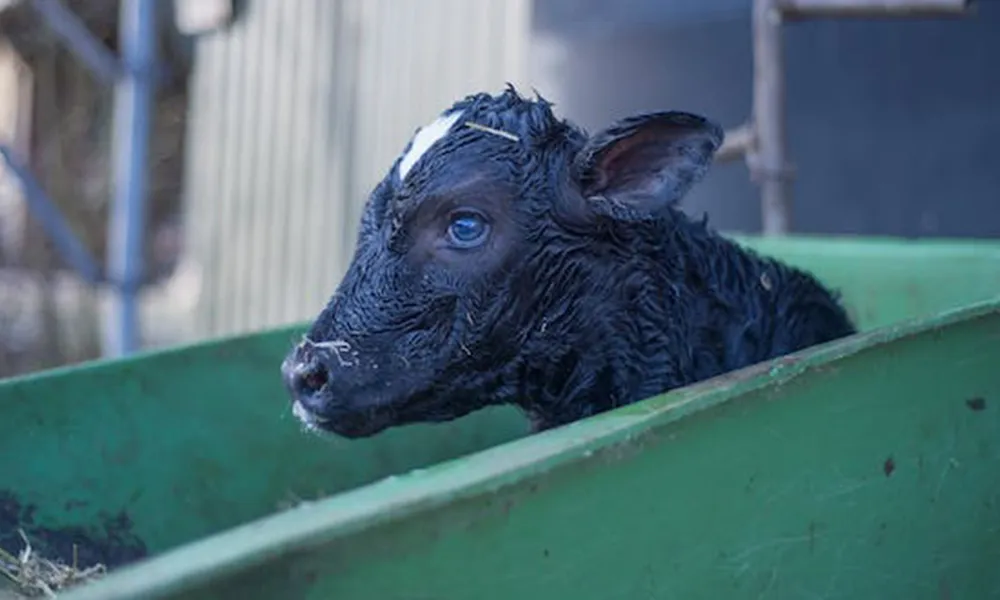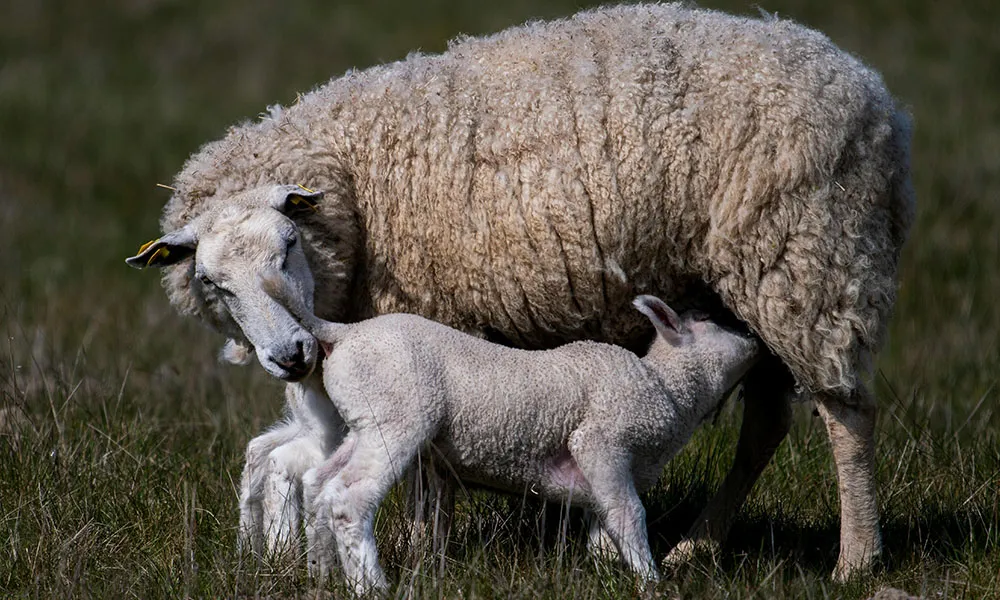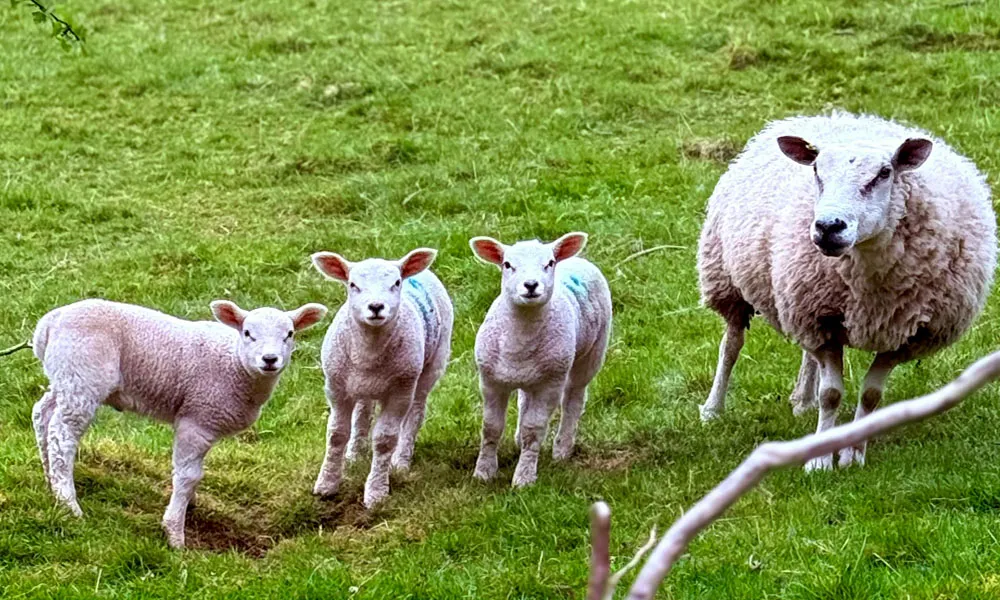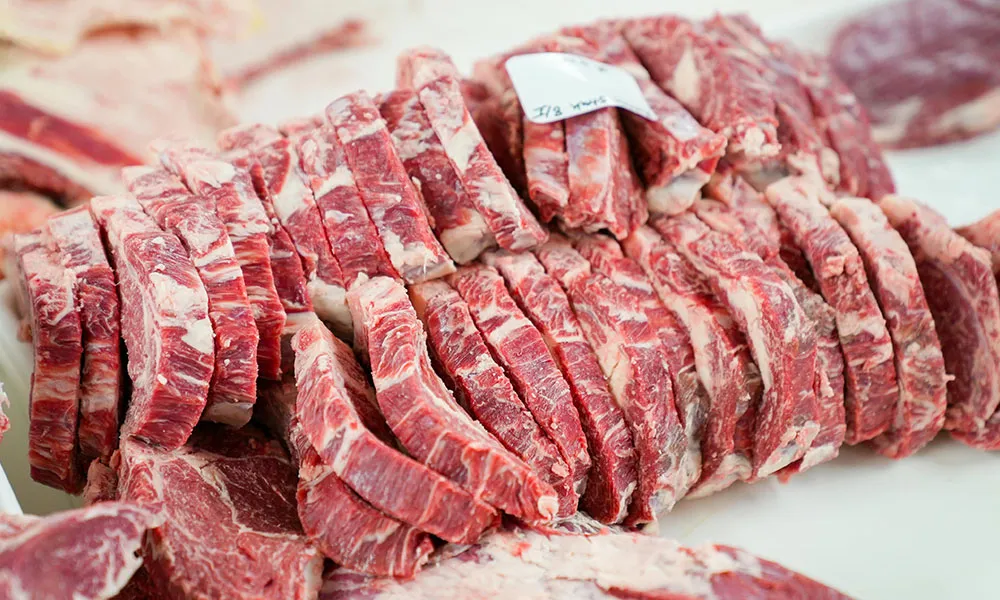
The two leading causes of mortality among young calves are scour and pneumonia. Last week on this platform we looked at the causes of scour, and discussed some of the most effective approaches to prevention and treatment. In this week’s animal medicines corner, we will do the same for pneumonia.
Causes of pneumonia
Pneumonia is responsible for huge numbers of calf deaths every year, and is particularly prevalent among housed animals. It is important to remember, though, that pneumonia is not a disease in itself. Rather, it tends to be a symptom or complication of other maladies.
As with scour, pneumonia is generally associated either a viral infection, a bacterial infection or a parasitic infection. Among the most common viral infections that result in pneumonia are the Respiratory syncytial virus (RSV) and the Parainfluenza virus (type 3).
Where a bacterial infection is the culprit, pneumonia may be caused by the likes of Mannheimia haemolytica, Pasteurella multocida and Trueperella pyogenes. Among parasites, the lungworm is most likely to cause pneumonia in young calves.
Symptoms of pneumonia
The symptoms of pneumonia may seem to come on very quickly. However, by the time an animal becomes symptomatic, they may have had the offending infection for at least a couple of days. This means that time is of the essence when managing disease. Once symptoms are identified, it is important that the animal is treated quickly.
Among the most commons symptoms of pneumonia are:
- A sudden loss of appetite
- A general dullness
- A cough
- A watery nose and eyes
- Drooping ears
- A high temperature (running at over 39° C
It is important to keep a close eye on calves in the first weeks of life, checking all animals carefully for signs of pneumonia at least twice a day. Remember that if one calf comes down with symptoms, others in the group are likely to follow.
How to treat pneumonia
The good news about pneumonia is that it is treatable. However, the course of treatment depends on the underlying cause of the infection. If your animals have contracted pneumonia, it is best to contact your vet immediately. Your vet will advise you on the best course of medication. Bacterial infections can be easily treated with antibiotics, but these will not work on viral or parasitic infections.
Preventing infection
Here at Agridirect.ie, we always advocate for prevention as the best cure. There are plenty of steps that you can take to reduce the likelihood that your animals will contract pneumonia. For example, practicing good hygiene in and around the calf pen will significantly reduce the likelihood that young calves will come into contact with opportunistic viruses, bacteria and parasites. Frequent washing of hands, clothes and facilities is essential.
As mentioned in last week’s post, ensuring that your calves receive adequate colostrum in the first days of life will give the animal’s immune system the kickstart it needs to fight off a raft of diseases. In much the same way, ensuring that calves are not deficient in essential vitamins and minerals will help to reduce the likelihood of pneumonia resulting from infections.
Aside from this, it is hard to overstate the importance of good housing facilities. You should make sure that all housing areas have adequate (preferably straw) bedding, provide adequate space for each animal and are well ventilated. Ensuring that there is air circulating in the house will help disease from proliferating.
Stress has a negative impact on animals’ immune system health, so try to make traumatic events such as dehorning and tagging as efficient and painless as possible.
To prevent pneumonia resulting from viral infections, in particular, ensure that all calves receive recommended vaccines.











